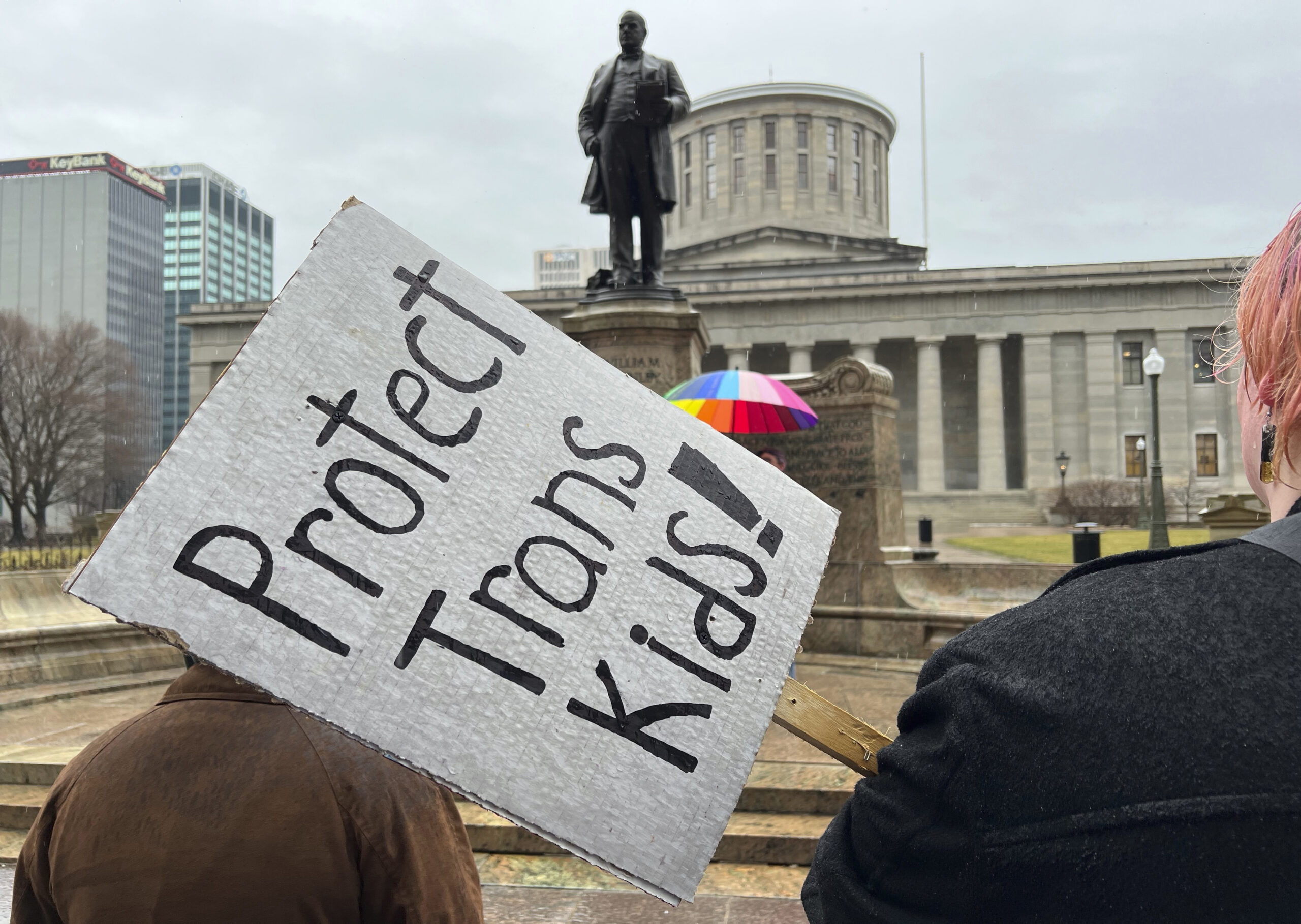Nine Republican-led states and conservative groups have filed lawsuits challenging new regulations introduced by the Biden administration.
These regulations aim to prevent discrimination against students based on their gender identity in schools and colleges that receive federal funding.
The lawsuits were filed in federal courts in Alabama, Louisiana, and Texas, contesting the U.S. Department of Education’s expansion of sex discrimination protections under Title IX to LGBTQ students.

The Department of Education clarified that the prohibition against sex-based discrimination includes discrimination based on sexual orientation and gender identity.
This clarification follows a 2020 Supreme Court decision that affirmed protections for gay and transgender workers under Title VII of the Civil Rights Act.
As both Title IX and Title VII prohibit sex-based discrimination, courts often use interpretations of Title VII to analyze Title IX cases.
The regulations also alter how schools must respond to reports of sex-based discrimination and harassment. They apply to both public and private schools that receive federal funding.
Texas Attorney General Ken Paxton argued in one lawsuit that the Supreme Court’s Bostock decision did not extend beyond Title VII to other federal laws, including Title IX.
Other lawsuits contest the interpretation of Title IX, arguing it conflicts with the statute’s definition of “sex” as a person’s biological sex.
Alabama, Florida, Georgia, South Carolina, and advocacy groups filed another lawsuit challenging parts of the regulations.
They argue that the broader definition of sex-based harassment could force students to use preferred pronouns or face investigation for misgendering someone.

The lawsuits highlight concerns that schools may be required to allow transgender students to use facilities according to their gender identities.
The Education Department defended the regulations, stating they uphold Title IX’s guarantee against sex discrimination.
The lawsuits add to the ongoing debate over LGBTQ rights and the interpretation of federal anti-discrimination laws.





